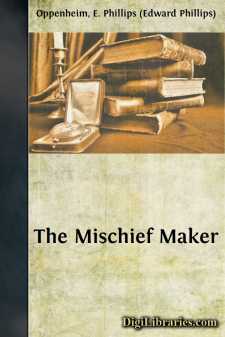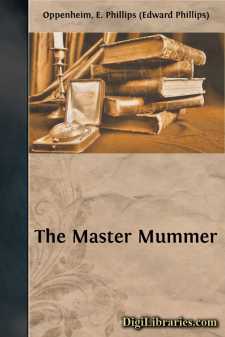Categories
- Antiques & Collectibles 13
- Architecture 36
- Art 48
- Bibles 22
- Biography & Autobiography 813
- Body, Mind & Spirit 142
- Business & Economics 28
- Children's Books 15
- Children's Fiction 12
- Computers 4
- Cooking 94
- Crafts & Hobbies 4
- Drama 346
- Education 46
- Family & Relationships 57
- Fiction 11828
- Games 19
- Gardening 17
- Health & Fitness 34
- History 1377
- House & Home 1
- Humor 147
- Juvenile Fiction 1873
- Juvenile Nonfiction 202
- Language Arts & Disciplines 88
- Law 16
- Literary Collections 686
- Literary Criticism 179
- Mathematics 13
- Medical 41
- Music 40
- Nature 179
- Non-Classifiable 1768
- Performing Arts 7
- Periodicals 1453
- Philosophy 64
- Photography 2
- Poetry 896
- Political Science 203
- Psychology 42
- Reference 154
- Religion 513
- Science 126
- Self-Help 84
- Social Science 81
- Sports & Recreation 34
- Study Aids 3
- Technology & Engineering 59
- Transportation 23
- Travel 463
- True Crime 29
Jacob's Ladder
Categories:
Description:
Excerpt
PROLOGUE
Seated at breakfast on that memorable July morning, Jacob Pratt presented all the appearance of a disconsolate man. His little country sitting-room was as neat and tidy as the capable hands of the inimitable Mrs. Harris could make it. His coffee was hot and his eggs were perfectly boiled. Through the open windows stretched a little vista of the many rows of standard roses which had been the joy of his life. Yet blank misery dwelt in the soul of this erstwhile cheerful little man, and the spirit of degradation hung like a gloomy pall over his thoughts and being. Only the day before he had filed his petition in bankruptcy.
The usual morning programme was carried out, only, alas! in different fashion. Five and twenty minutes before the departure of the train, Mrs. Harris—but not the Mrs. Harris of customary days—presented herself, bearing his hat and stick. Her cheerful smile had departed. There were traces of something very much like tears in her eyes. She carried a small article in her hand, which she spent most of the time trying to conceal behind her apron.
“You’ll be home at the usual time, sir?” she asked.
“So far as I know, Mrs. Harris,” was the listless reply.
His landlady looked at the practically undisturbed breakfast table and gathered strength of purpose.
“Me and Harris, sir,” she declared, “we offers our respects and we hopes nothing ain’t going to be changed here.”
“You are very good—both of you,” Jacob said, with a weak smile. “For the present I don’t think that I could live cheaper anywhere else, nor, I am sure, as comfortably. I have had quite a decent situation offered me. The only thing is I may be away a little more.”
“That’s good news, sir, anyway,” the woman replied heartily. “I mean to say,” she added, “it’s good news about your staying on here. And me and Harris,” she went on, “having no children, so to speak, and you having paid liberal and regular for the last four years, we seem to have a bit of money we’ve no use for,” she added, producing at last that bulging purse, “and we thought maybe you might do us the honour—”
Jacob took her by the shoulders and shook her.
“For God’s sake, don’t, Mrs. Harris!” he broke in. “If I want it, I’ll come to you. And—God bless you!”
Whereupon he picked up his hat and stick, stepped through the open French window, cut a rose for his buttonhole as usual, and started on his purgatorial walk, making a tremendous effort to look as though nothing had happened.
That walk, alas! surpassed his worst imaginings. Jacob Pratt was a sensitive little man, notwithstanding his rotund body, his fresh complexion and humorous mouth; and all the way from his modest abode to the railway station, he was a prey to fancies which were in some cases, without a doubt, founded upon fact. Mr. Gregson, the manager of the International Stores, at the passing of his discredited customer had certainly retreated from his position on the threshold of his shop, usual at that hour of the morning, and disclosed a morbid but absorbing interest in a tub of margarine. The greengrocer’s wife had looked at him reproachfully from behind a heap of cooking apples, and her response to his diffident greeting was accompanied by a sorrowful wag of the head. The newspaper boy at the entrance to the station had extended his Express almost doubtfully and had clutched with significant caution at the copper coin tendered in exchange for it. The station master had answered his “Good morning” without troubling to turn his head, and the ticket collector had yawned as he moved away from the barrier. Each one of these incidents, trifling though they were in themselves, had been like pinpricks of humiliation to the little man whose geniality had been almost a byword.
The worst trial of all, however, arrived when Jacob entered the carriage in which he had been accustomed, for six days out of seven, to make his journey to the city....












